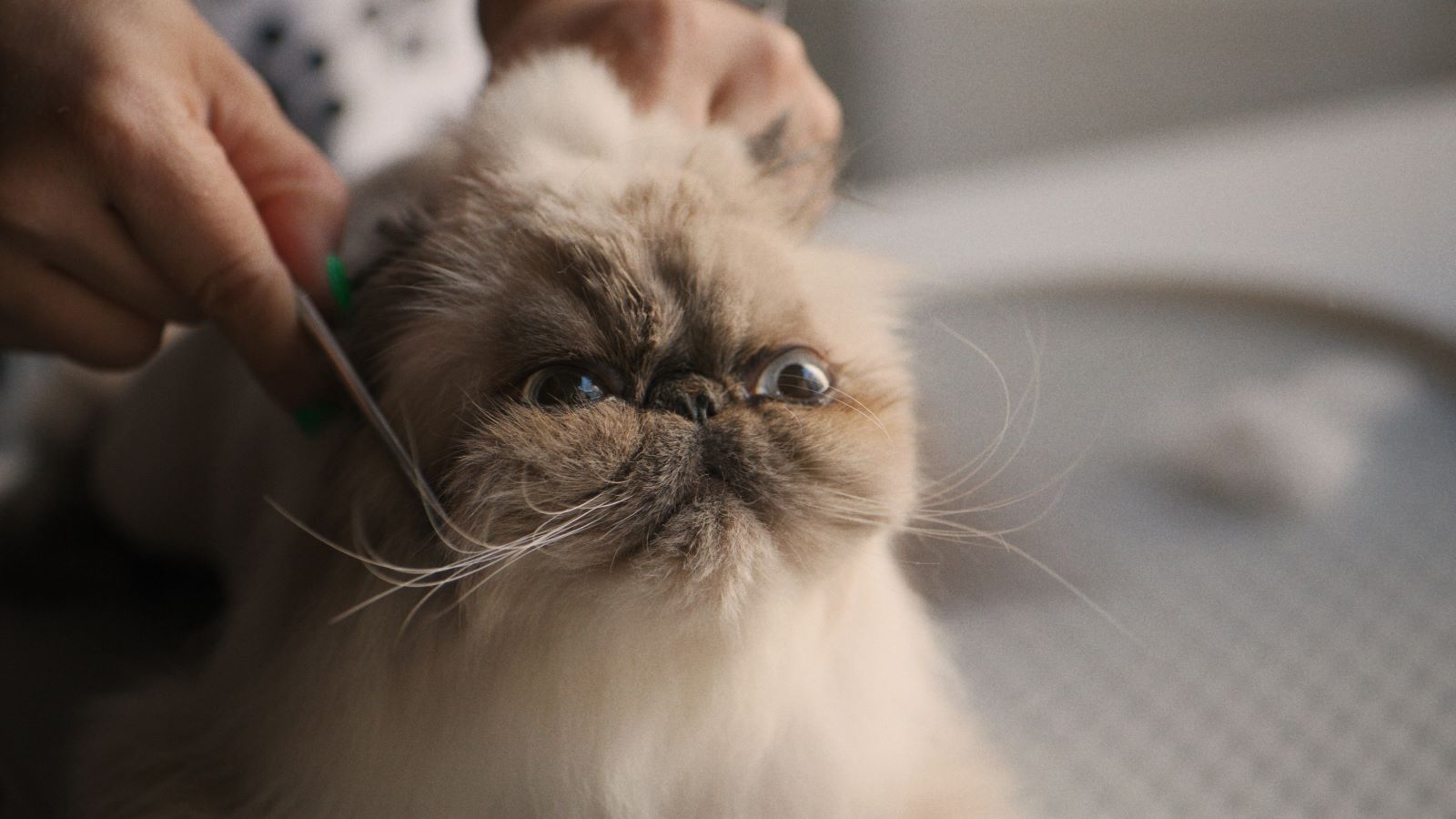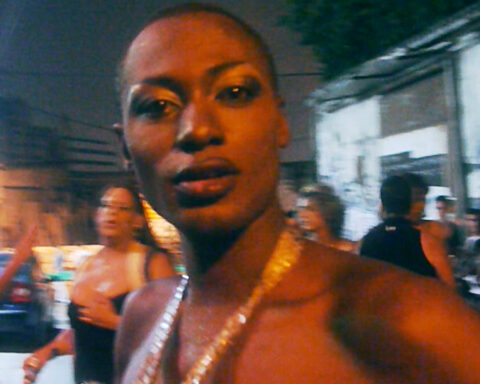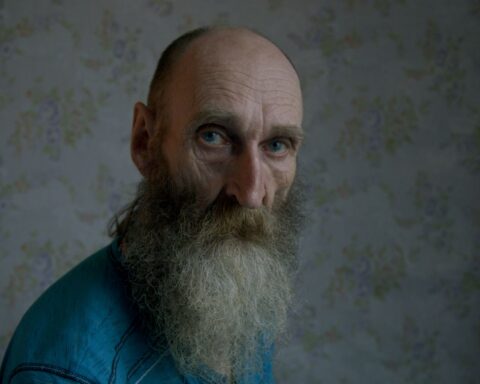Eno
(US/UK, 90 min.)
Dir: Gary Hustwit
Programme: Pop Life
I can’t remember ever reviewing a film that I know no one will ever see again. But it’s true: the second festival screening of Gary Hustwit’s Eno will be significantly different than the one shown at Hot Docs’ flagship Ted Rogers cinema on Saturday afternoon. That’s because Hustwit has employed a variation on one of Brian Eno’s concepts, generative music, to create a nearly endless set of choices for his film to be seen. Working with a computerized system that can access hundreds of hours of footage, Hustwit’s film can show a scene with Eno working with David Bowie on the legendary “Low” album session followed by Laurie Anderson discussing the art project Oblique Strategies, which could then move into the Eighties when the very British Eno started to create video light and colour installations in Manhattan. Sadly, and miraculously, that three scene sequence might never be generated again. Or it could happen at Hustwit’s next major event.
Though the results on screen aren’t the same, Hustwit’s documentary went through a similar process to many films being shown at Hot Docs. He spent over five years working on the film, winning Brian Eno’s trust and access to his archives. Countless interviews took place at both Eno’s residences in Norwich and London. Hustwit got to know Eno’s creative process and history intimately. But then, when Hustwit asked Eno if he could make a conventional biopic, he was turned down flat. The ever inventive Eno wanted something new, one in keeping with his artistic spirit. And so has come a film quite worthy of both the innovative director—most famous for his brilliant film about the impact of the font Helvetica (2007)—and the legendary Eno, who has made extraordinary music as a composer, producer, and musician, starting big time with the Seventies glam rock group Roxy Music, and continuing with Bowie, U2, David Byrne, Daniel Lanois and so many others over the decades.
The version of the film presented at Hot Docs on April 27 concentrated on Eno’s philosophy and I suspect most cuts would also do so. Anyone who knows Eno and his career is appreciative of his seemingly endless creativity. A graduate of England’s famous art college system, he sees music as part of the creative endeavours that fascinate him. He isn’t a virtuoso on any musical instrument, but he was almost instantly brilliant at creating sounds from instruments ranging from tape recorders to synthesizers to early computers. When he left Roxy Music, Eno began to make records with such notable musicians as Robert Fripp, Bowie and Byrne and contemporary composer Harold Budd. His experimental sounds led him to an interest in aleatoric, or chance, music. Influenced by John Cage, his belief in the random behaviour of humanity as expressed through art, began to grow. By the late Seventies, he had coined the expression “ambient music” to describe the kind of minimal atmospheric compositions that he began to create, initially in collaboration with David Byrne and others, including his brother, Roger.
From that time, Eno’s influence has grown. He created with one of his former art professors a book of aphorisms called Oblique Strategies, which has gradually assumed legendary status. (It appeared in the version of Eno on the weekend, and I suspect that it shows up in most versions of the film.) Famously, with Roger Eno and Lanois, he created a dreamy, impressionistic soundtrack for a doc on the moon (For All Mankind, 1989), made records inspired by African music, and embraced atonality in a manner that updated Schoenberg’s compositional revolution. As computers became more sophisticated, Eno was able to realize his idea of generative music—compositions that can create endless variations. At the same time, he has gone back to his roots in art and worked on visuals, particularly in video and computer imagery.
It’s safe to say that Brian Eno is a genius. It’s an overused term but truly fits him. His work and astonishing expressions in music, games, books, art installations—you name it!—continues to this day. Gary Hustwit has made a film—or a series of films—fully in keeping with Eno. It’s a remarkable achievement.
Eno screens at Hot Docs 2024.














